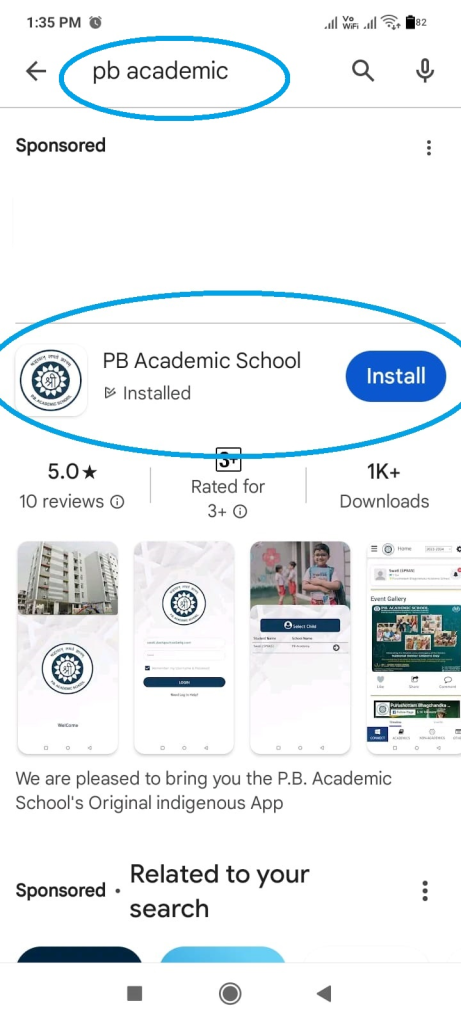Educating the mind without educating the heart is no education at all – Aristotle.
The new National Education Policy approved by the Union Cabinet is set to bring about significant reforms in the entire education system in the country. Replacing the last NEP that was framed in 1986 and revised in 1992, the new policy has been long-awaited by students and educational institutions alike. The policy is considerably similar to the educational structures followed in the U. S. and U. K. with a versatile approach to education as a whole.
Key Highlights of the National Education Policy 2020
1. Change in structure
Instead of a 10 + 2 model of education, the new NEP sets a new structure of 5+3+3+4 which corresponds to 4 stages of education—namely, Primary Stage which includes pre-school and grades 1-2 for ages 3-5 years. The Preparatory Stage will consist of grades 3-5 for ages 8-11 years. The Middle Stage will be comprised of grades 6-8 for ages 11-14 years, and the final stage of the Secondary stage will make upgrades 9-10 and 11-12 for ages 14-18 years.
2. Reduction in Curriculum with a focus on essential learning and critical thinking
One of the most critical reforms proposed by the new policy is to implement immersive discussion and inquiry-based learning that will encourage children to use analytical tools to gain knowledge while discouraging the practice of rote-learning
3. Easier Board Examinations
In an attempt to ease the torment, the system of Board examinations on students, the new policy recommends formative assessments over one-time summative evaluations which will help test the practical applications of theory. It also promotes structured Board Examinations with a reduced study load.
4. Tracking progress at regular intervals
Schools will conduct standardized assessments at the end of every key-stage, i.e. after classes 3, 5 and 8 instead of just two examinations after classes 10 and 12 to enable regular monitoring of progress made by students throughout school life, rather than on completion.
5. Vocational Training
In the Middle Stage, students will be required to take up a vocational course. They will also be afforded greater flexibility in choosing subjects they study in the Secondary Stage.
The Purushottam Bhagchandka Academic School (PBAS) is a school in South Kolkata with a holistic approach to education. It has swiftly become a forerunner in implementing the latest educational tools since its inception in 2001. They have already been following several of the recommendations of the NEP 2020 by offering numerous vocational classes such as gardening and pottery along with teaching STEM skills. They have also implemented mandatory coding classes from Class VI onwards besides Robotics training from as early as Class 1. Thus, the journey for PBAS to be the best school in South Kolkata has reached yet another level. They are indeed the #schoolthatcares.





